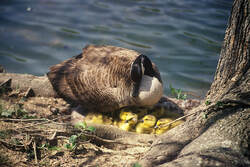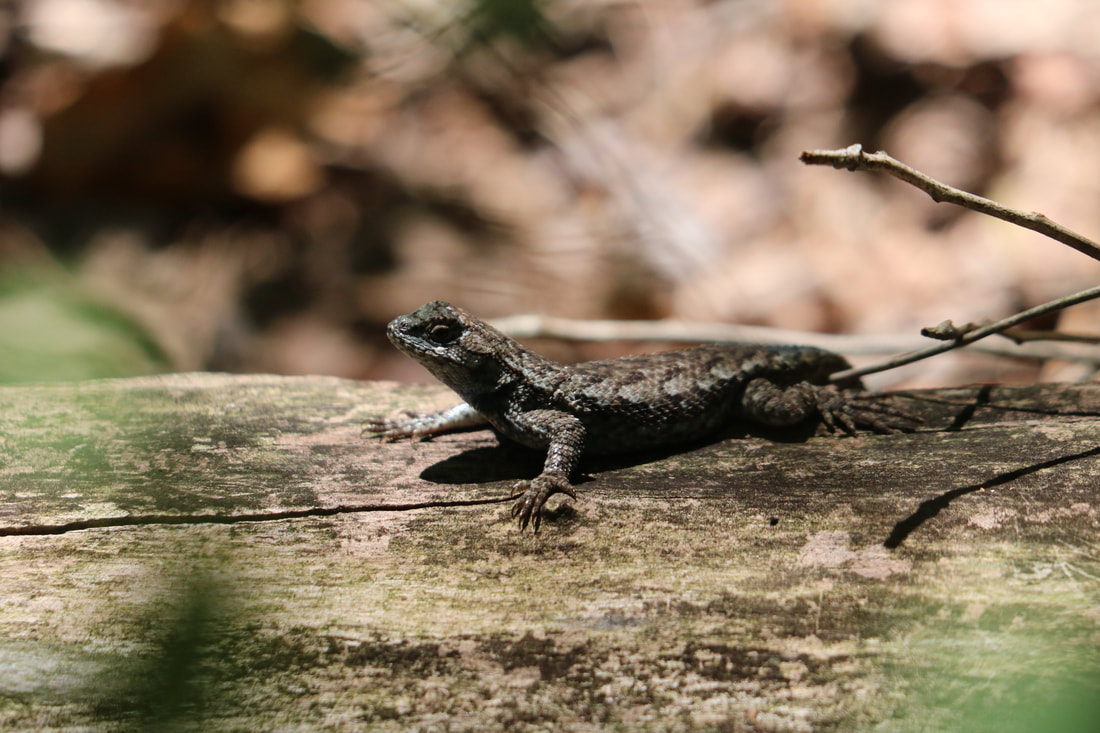
Announcements
The Chattanooga Audubon Society is offering a photography contest. Find full information here:
https://www.chattanoogaaudubon.org/contest.html
Christian Collier has released the third episode in his docuseries, The Plug Poetry Project. The third episode of The Plug Poetry Project includes readings and discussion by the poet known as Moll King, and by me, Ray Zimmerman. Here are links to the three episodes released thus far:
Episode 1 https://www.youtube.com/watch?v=EYTVbKrxv-o
Episode 2 https://www.youtube.com/watch?v=ixfSMBMB-Wg
Episode 3 https://www.youtube.com/watch?v=32hfN7o4zBE&t=130s
The Chattanooga Writers Guild has announced their 2020 Annual Spring Writing Contest
Information is available on their web page. http://www.chattanoogawritersguild.org/2019-spring-writing-contest.html
They live streamed their April meeting, a conversation about poetry with John Mannone. The video is still available on their Facebook page.
The Porch Writer’s Collective up in Nashville presents a weekly set of writing prompts via email. They are also offering several online workshops this spring. To sign up for the free writing prompts or learn more about the fee based workshops, visit http://www.porchtn.org
Pandemic Panic
Not happy to be merely living in a Pandemic Panic, I have begun reading about them. I completed The Andromeda Strain, a well-researched science fiction suspense book with a surprise twist at the end.
I simultaneously read The Hot Zone (Preston). which is classed as a nonfiction novel. The author based his writing on interviews with several researchers, so the events are factual, but the book is written in the style of a novel. The surprise ending to part three caused me to lose interest in finishing the book.
I then picked up David Quammen’s nonfiction book Spillover which includes true stories of the people in the fight against infections diseases. Somehow knowing the science of what is going on is comforting to me.
Meanwhile, I am still working on this blog, so send me your announcements.
Reviews
The Spring of my Life
Kobayashi Issa
Translation by Sam Hamill
Reviewed by Ray Zimmerman
The poet Issa is beloved throughout his homeland and Japanese schoolchildren commit his poignant nature poems to memory. Adults appreciate his humor, and scholars decry the self-pity which shows through his work.
The winter fly
I caught and finally freed
The cat quickly ate
For this reviewer, the poetry of Issa represents a triumph of the human spirit. The events of his life transcend sadness to reach the heights of pathos and tragedy. His mother died when he was but two years old, and his grandmother took over the responsibility of child rearing. She sent him to study poetry with a local scholar at an early age. When he reached age eight; his grandmother died, and his father remarried. His stepmother abused him.
Mother I weep
For you as I watch the sea
Each time I watch the sea
He left home for Edo (now Tokyo) at age twelve to study poetry and Zen. He became a homeless scholar on the streets. After many years as an itinerant poet, he returned home to nurse his dying father. In his fifties he married a much younger woman, but all their children died at an early age. The final child died due to care by an incompetent nurse, shortly after the death of the mother. He married again in his sixties, but he and his pregnant wife moved into a shed after their house burned. He died there, and shortly after his death the wife gave birth to a daughter who lived to continue his line.
The Spring of My Life is haiban, a book of narrative prose with haiku, in the same tradition as Narrow Road to the Interior (Basho). The following passage from chapter fourteen illustrates this point. “Visiting my daughter’s grave on July 25th, one month after her death”
The red flower
You always wanted to pick --
Now this autumn wind”
The death was due to smallpox, and it is noteworthy that the number fourteen holds a place in Japanese culture much like the number thirteen in our own culture. The placement of this story in chapter fourteen is no accident.
Among the sad verses are many hopeful ones, beautiful, like the following:
The distant mountains
Are reflected in the eye
Of the dragonfly
Issa is rated among the three great masters of haiku, along with Basho and Buson. The book, The Spring of my Life is a classic. Translator Sam Hamill included not only the full text the book, but also 250 haiku selected from the many thousands attributed to Issa. It is well worth the read.

 RSS Feed
RSS Feed